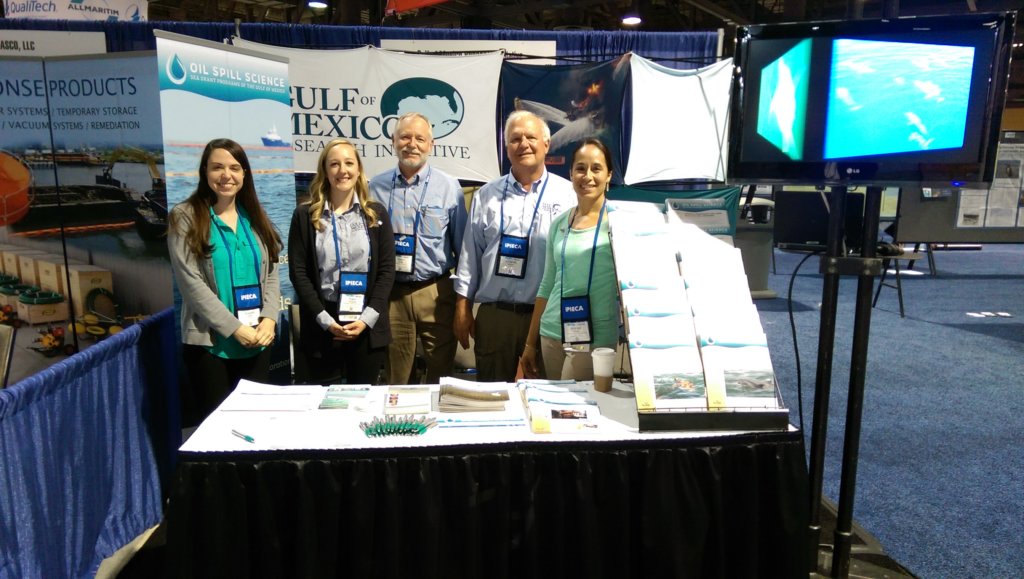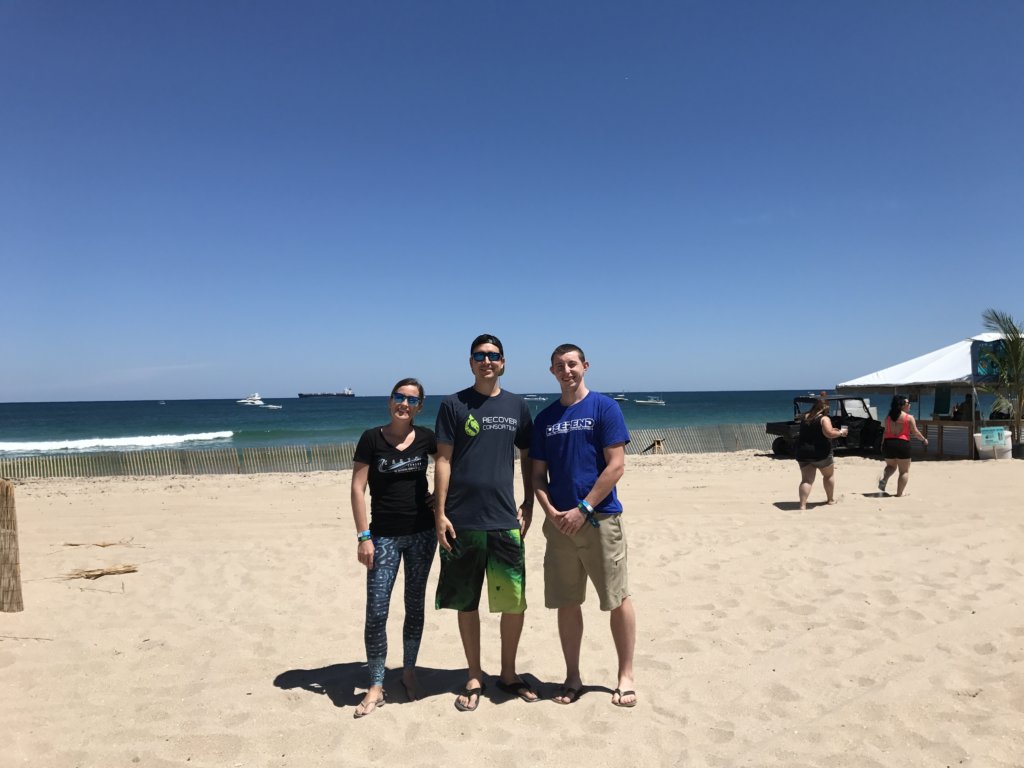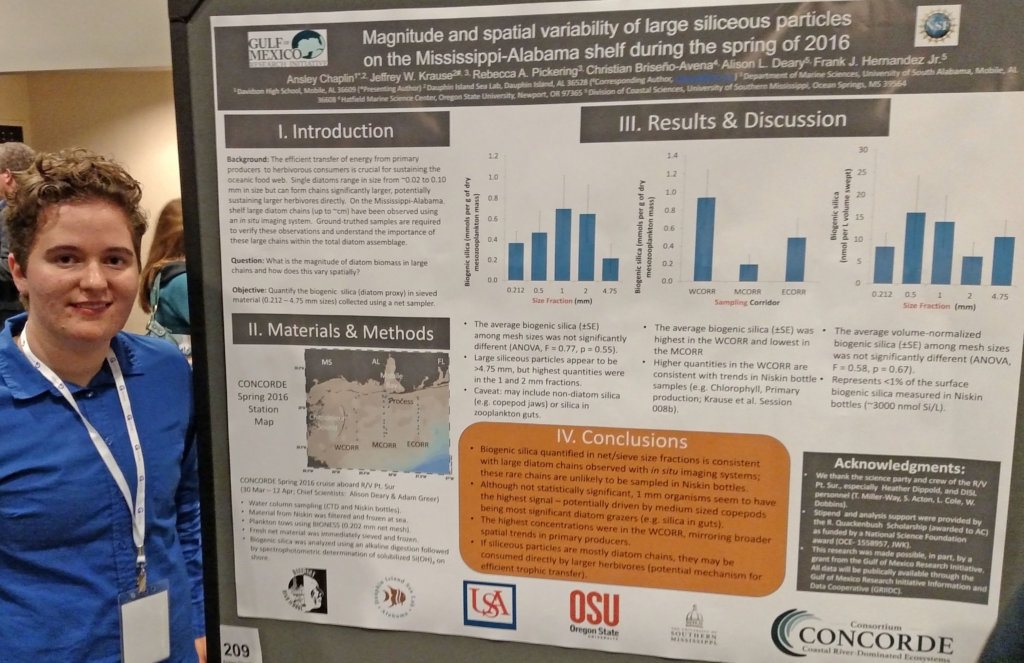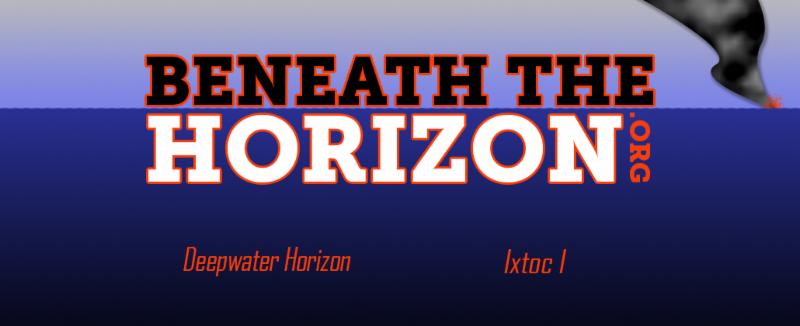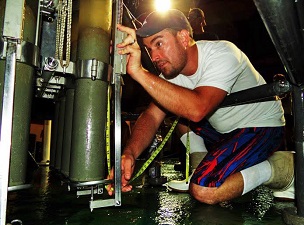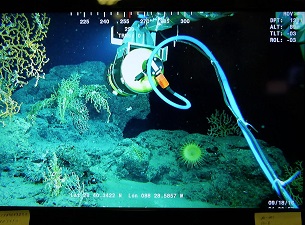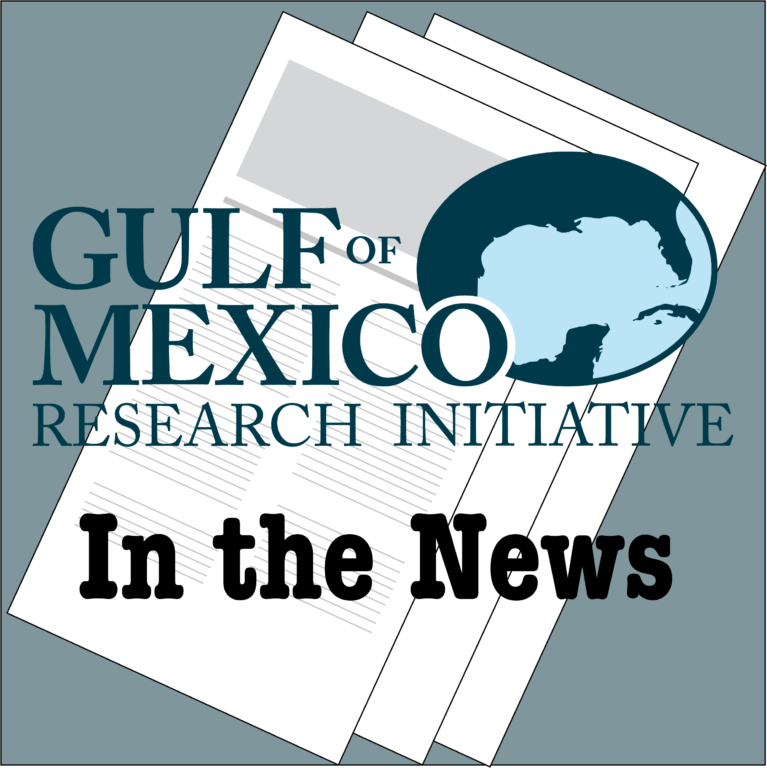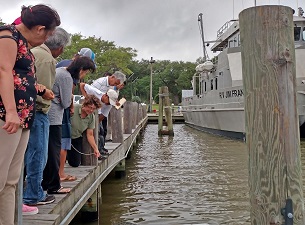GoMRI Attends 2017 International Oil Spill Conference
GoMRI Attends 2017 International Oil Spill Conference – JUNE 18, 2017 (From Spring 2017 Newsletter) The Gulf of Mexico Research Initiative (GoMRI) attended the 2017 International Oil Spill Conference (IOSC) from May 15-18 in Long Beach, California. Members of the GoMRI Management Team (GMT), the Gulf Sea Grant Oil Spill Science Outreach Team, and the…
Details
